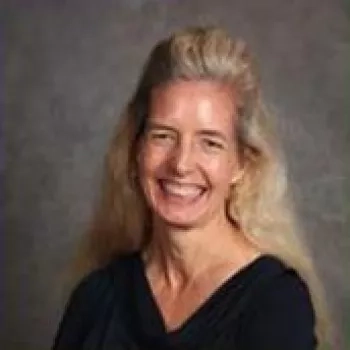Morphology Driven High-Plex Spatial Analysis of Tissue Microenvironments


Characterization of the spatial distribution and abundance of proteins and mRNAs with morphological context within tissues enables a better understanding of biological systems in many research areas, including immunology, oncology and neuropathology. Analysis of samples across multiple tumor types and diseases has revealed novel spatially distinct protein and mRNA candidate biomarkers. However, it has proven difficult to perform such studies in a highly multiplexed manner at a throughput scale that is required for translational research programs. To address this unmet need, we have developed a novel platform that can perform high-plex analysis of proteins or mRNAs on a single FFPE section from distinct tissue spatial regions (GeoMx® Digital Spatial Profiler, DSP). Integrating the GeoMx DSP with either the NanoString nCounter or high-throughput sequencing, hundreds or thousands of spatially resolved analytes can be measured. To enhance both throughput and reproducibility, we have developed automated sample processing workflows for both protein and RNA on Leica Biosystem's BOND RX system. In this webinar, we will show you how the integrated workflows of the Leica BOND RX and the DSP can advance your translational research.
Learning Objectives
- Demonstrate how the spatial profiling workflow can be used to gather multiplexing information.
- Describe how the spatial profiling workflow is similar and where it diverges from more traditional multiplexing methodologies.
About the presenters

Dr. Mathias Holpert is working as a Sr. Product Application Scientist (EMEA) at NanoString. In this role, he is responsible for training users on the GeoMx Digital Spatial Profiler platform and for consultation and support of customer projects. He received a Diploma in Biology from the university of Würzburg, Germany and a Doctors degree (Dr. rer. nat.) from the university of Göttingen, Germany.

Traci DeGeer is the Director, Advanced Staining Innovation, Leica Biosystems. In this capacity she helps access new technologies for the Life Science research business, manages relationships with partners, works with legal partners to put agreements in place and liaises with Business Units to meet partner/customer needs as technologies are being developed. Traci holds a Bachelor of Science, in Biology, an HT, HTL, and QIHC for the anatomic pathology lab and recently graduated the HBx core program. Traci also holds a patent in small molecule detection for PDL-1 and has spoken at over one hundred state, regional and global symposia on various topics. Traci also sits on the ASCP Board of Certification (HT, HTL and QIHC Exam) and is the current Education Chair for the National Society of Histotechnology.
Related Content
Leica Biosystems content is subject to the Leica Biosystems website terms of use, available at: Legal Notice. The content, including webinars, training presentations and related materials is intended to provide general information regarding particular subjects of interest to health care professionals and is not intended to be, and should not be construed as, medical, regulatory or legal advice. The views and opinions expressed in any third-party content reflect the personal views and opinions of the speaker(s)/author(s) and do not necessarily represent or reflect the views or opinions of Leica Biosystems, its employees or agents. Any links contained in the content which provides access to third party resources or content is provided for convenience only.
For the use of any product, the applicable product documentation, including information guides, inserts and operation manuals should be consulted.
Copyright © 2025 Leica Biosystems division of Leica Microsystems, Inc. and its Leica Biosystems affiliates. All rights reserved. LEICA and the Leica Logo are registered trademarks of Leica Microsystems IR GmbH.


